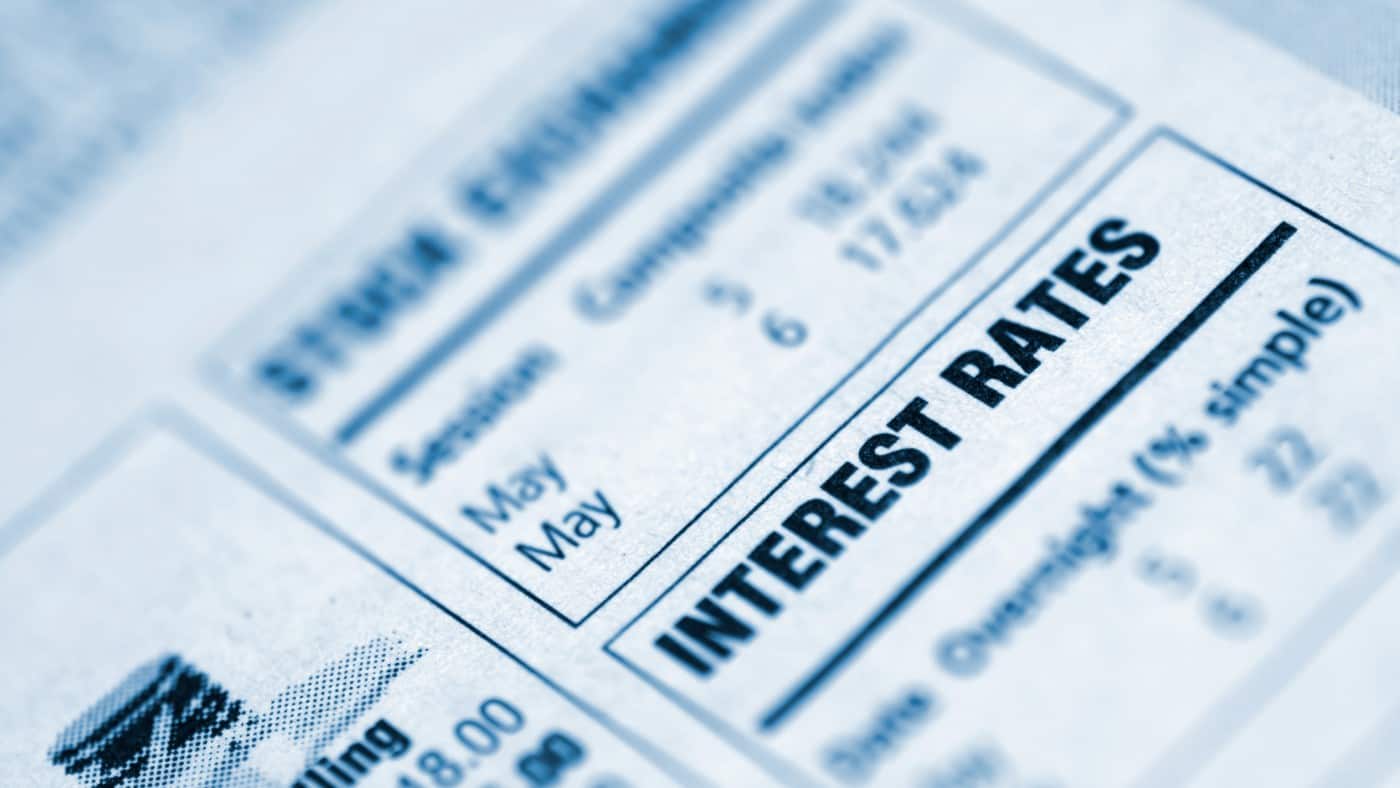While the first cut looks like it will be coming later than expected, most analysts still believe the Bank of England will begin lowering interest rates in 2024.
This should be good news for stocks in general. But I’ve been looking at which companies may benefit the most and deliver above-average returns for investors like me.
Primed to recover
When interest rates have fallen in the past, several sectors have fared particularly well.
Passive income stocks: our picks
Do you like the idea of dividend income?
The prospect of investing in a company just once, then sitting back and watching as it potentially pays a dividend out over and over?
If you’re excited by the thought of regular passive income payments, as well as the potential for significant growth on your initial investment…
Then we think you’ll want to see this report inside Motley Fool Share Advisor — ‘5 Essential Stocks For Passive Income Seekers’.
What’s more, today we’re giving away one of these stock picks, absolutely free!
One clear beneficiary has been consumer discretionary stocks. When it costs less to borrow, more people are inclined to push the boat out and treat themselves. This is even more likely if it comes after a period of significant belt-tightening.
The property sector also stands to gain. If I’m looking to buy a house, I’m more inclined to do so when repayments are more affordable. This can be the case at a commercial level as well. A real estate investment trust (REIT) will feel more confident in adding more sites to its portfolio.
A third beneficiary is boring old utility firms. This isn’t just because they’ll see lower repayments on debt accumulated as a result of essential maintenance work. It’s also because these very stable companies appear more attractive to those who’d usually buy bonds. Why? Because their dividend streams offer potentially better returns.
Finally, there’s an argument that any firm specialising in raw materials could do well. A lowering of rates should stimulate the economy, which means more demand from construction and industrial companies.
Stocks I’d consider
Based on the above, it’s not hard to come up with a few potential ‘winners’ from a rate cut.
When it comes to stock reliant on discretionary spending, I’d consider snapping up luxury fashion house Burberry. The shares have fallen significantly in the last year on slowing sales. But when economic confidence returns, this is just the sort of company that could bounce hard.
From the property sector, I’d buy more of stock in housebuilder Persimmon. Then again, I’m pretty bullish on most listed companies in this sector. A lot are far more financially resilient than they once were and boast sizeable landbanks. Warehouse operator Tritax-Big Box and self-storage firm Safestore could also rally.
My go-to utility stock remains power provider National Grid. I suspect a lot of bondholders will be attracted to the 5.8% yield currently on offer. I also like the dividends from Rio Tinto, which could see increased demand for the metals it mines. The green energy revolution is another catalyst for growth.
Safety in numbers
Of course, it’s worth remembering that the average interest rate in the UK since the mid-1990s has been around 5.6%. Today, we’re at 5.25%.
This being the case, I sincerely doubt we’ll revisit previous lows or even for rates to fall all that far or fast. And it’s important to note that the past, while helpful, can’t tell us for sure what will happen in the future.
But I’d rather be roughly right rather than completely wrong. Assuming I don’t become too concentrated in any one sector, I think the stocks mentioned above (and those like them) could deliver great returns, in time.
The UK stock market may continue to stutter for a while longer. But I think the next bull market is edging ever closer.








